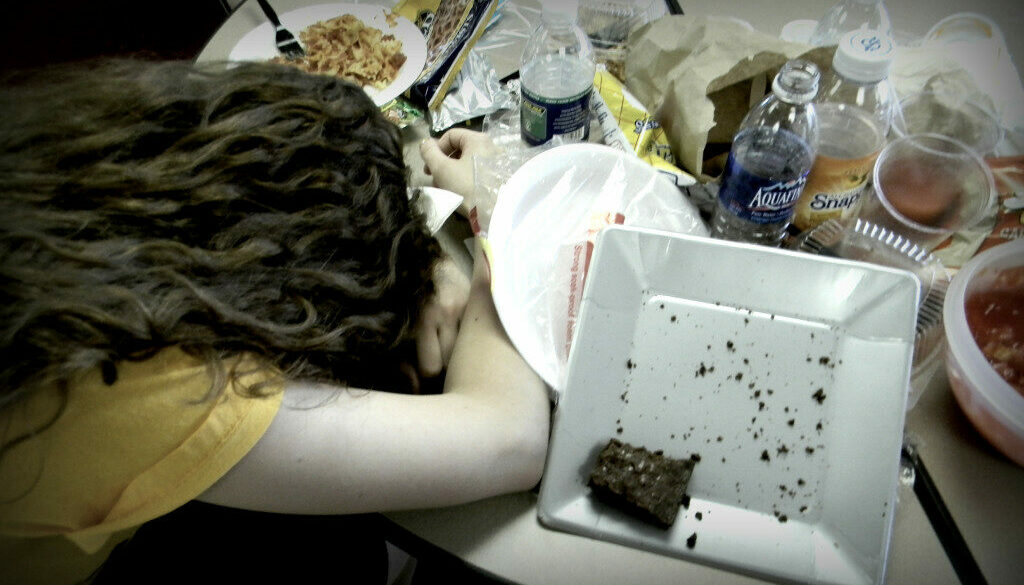Eating Disorder Warning Signs for the Family
Having a loved one suffering with an eating disorder can be devastating, especially if it is a younger family member. If you have a family member challenged with an eating disorder, many question whom’s to blame. The truth is while some want to point fingers for where the illness started; we are not as concerned of the cause but the solution. Any family member that is living in the household becomes a critical part of their recovery.
First step is to recognize the problem. Here are 5 warning signs that your family member may be dealing with anorexia, bulimia or another eating disorder.
- Anxiety or Stress. It’s common to see anxiety in a family member who’s developing an eating disorder. It can be onset by school, family, friends or work. Often this anxiety follows weight loss, but sometimes it comes before any noticeable changes in weight. Increased anxiety can be both a precursor to and a byproduct of anorexia or bulimia.
- Change in behavior around food. Individuals struggling with anorexia or bulimia sometimes develop abnormal behaviors around food. Some of the most common: Cutting food into tiny pieces; using large quantities of condiments (salt, soy sauce, mustard etc.); suddenly insisting on using particular spoons, forks, cups, or plates for eating or drinking; cutting out whole categories of food for any reason (including meats, fats—an interest in vegetarianism can mark the start of an eating disorder).
- Weight loss or stagnation. Weight gain typically continues into the early 20s. So if your child or teen continues to grow but doesn’t gain weight—especially in early adolescence, when most growth takes place—s/he may be in the early stages of an eating disorder. And any weight loss, even unintentional, may trigger an eating disorder in vulnerable adolescence or adults.
- A sudden interest in cooking (but not eating). People who are malnourished often develop an interest bordering on obsession with activities around eating, including shopping for food and cooking. If your family member starts cooking up a storm but finds reasons not to eat her/his own cooking, that’s a sign.
- Compulsive exercising. Anorexia and bulimia in particular is an illness of compulsions. If your family member builds their day around exercise, they may be tipping into an exercise obsession. This can be especially tough to sort out if they’re on an athletic team, where rigorous daily training is often required. One key is their anxiety level: Do they panic if something keeps them from their daily routine? Do they insist on exercising even when injured or sick? These are worrisome signs.
NEXT: What to do if you think your family member has a problem?
If you need to get a handle on your fear of being not good enough, please reach out. We can help you can get on with your life.



